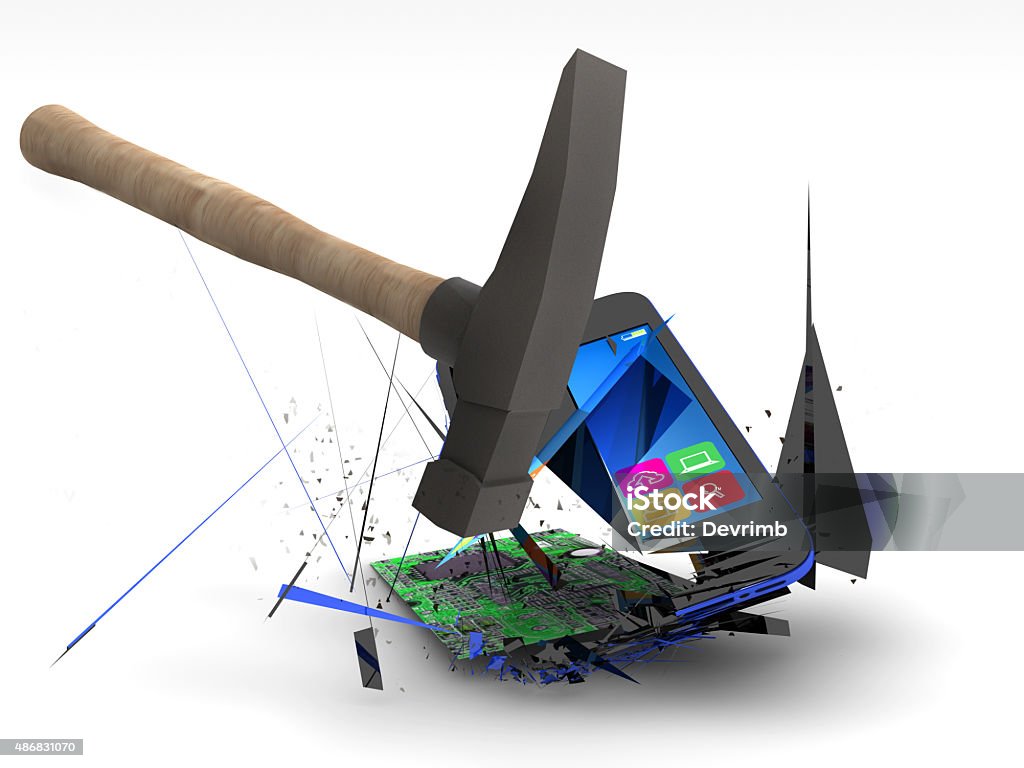Tech Tariff Exemptions Are Temporary—What This Means for the Industry

Trump’s Commerce Secretary warns that tech tariff exemptions for laptops and smartphones are only temporary—here’s how businesses should prepare.
Tech’s Tariff Reprieve Won’t Last, Warns Commerce Secretary
The Trump administration’s last-minute exemptions for consumer electronics like laptops, smartphones, and gaming consoles from new China tariffs are only temporary, Commerce Secretary Howard Lutnick confirmed Friday.
While the White House delayed some tariffs this week, the 10% levy on $300B in Chinese goods still looms—and tech may not stay exempt for long.
Key Takeaways:
✔ Current exemptions cover laptops, smartphones, and some gaming devices
✔ No long-term guarantee—Lutnick says they’re a “short-term relief measure”
✔ Tech industry pushing back, warning of price hikes and supply chain disruptions
✔ Companies should prepare for possible tariffs in 2024
Why the Exemptions Are Temporary
- Negotiation Tactics
- The exemptions give the U.S. leverage in trade talks with China.
- If negotiations stall, tech tariffs could snap back quickly.
- Domestic Production Push
- The administration wants to reduce reliance on Chinese manufacturing.
- Temporary exemptions give companies time to shift supply chains.
- Political Uncertainty
- A potential second Trump term could mean more aggressive trade policies.
- Biden’s approach may differ, but tech tariffs could remain a bipartisan issue.
Which Products Are Affected?
| Category | Current Status | Future Risk |
|---|---|---|
| Laptops | Exempt (for now) | High |
| Smartphones | Exempt (for now) | High |
| Gaming Consoles | Exempt (for now) | Medium |
| Semiconductors | Partial tariffs | Very High |
Industry Concern: A 10% tariff could raise consumer prices by 5-8%, analysts say.
How Tech Companies Are Responding
- Stockpiling Inventory
- Some manufacturers are rushing shipments before tariffs hit.
- Exploring Alternative Suppliers
- Vietnam, India, and Mexico are gaining interest as China alternatives.
- Lobbying for Permanent Exemptions
- Trade groups like the Consumer Technology Association (CTA) are pushing back.
CEO Warning: “If tariffs return, consumers will pay more—plain and simple.” — Tech executive speaking anonymously
What Happens Next?
- Q4 2024: Exemptions likely to be reevaluated post-election.
- 2025: New administration could extend, modify, or drop tariffs.
- Long-Term: Companies may accelerate supply chain diversification regardless.
How Businesses Should Prepare
- Audit Supply Chains
- Identify China-dependent components at risk.
- Lock in Pricing
- Negotiate long-term contracts before potential cost hikes.
- Plan for Price Increases
- Model worst-case scenarios for margins and consumer demand.
The Bottom Line
This temporary exemption is a stay of execution, not a pardon. Tech companies must prepare for volatility—because when it comes to tariffs, the only certainty is uncertainty.
Will tariffs reshape tech manufacturing? Or will lobbying and supply chain shifts keep them at bay? Share your predictions below.





